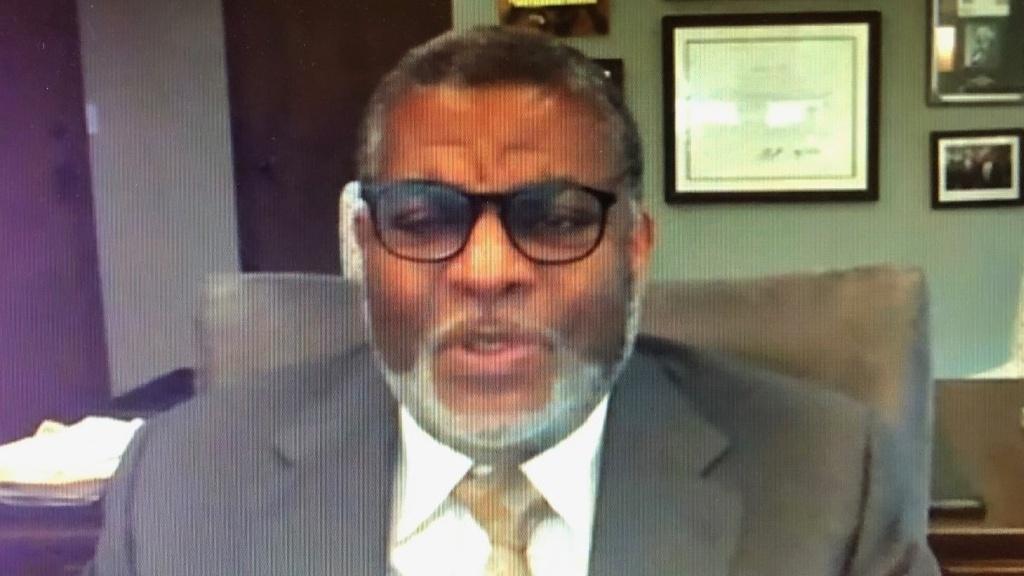Rural communities in Mississippi and surrounding states suffer from persistent poverty due to lack of investment, especially where the populations are mostly black. That’s according to William Bynum, the CEO of Hope Enterprise Corporation.
“Housing conditions, health conditions, education, unemployment, unemployment outcomes are all worse in rural persistent poverty counties. And not coincidentally, some of the highest unbanked and underbanked households are also in these counties,” said Bynum
Bynum’s organization has invested $2.9 billion in rural areas in five states including Mississippi since 1994. Yesterday, at a virtual hearing before the U.S. Senate Banking, Housing and Urban Affairs Committee, he said 21 percent of black households in Mississippi, don’t have a bank account compared to five percent of Whites. He suggested Congress increase investment to lenders with a track record of reaching underserved communities hit hardest by COVID 19, including financing for homes and business ownership.
“Down payment assistance for first time homebuyers is one of the most effective tools for increasing economic mobility in rural communities and communities of color. Teachers, service members and first responders get special provisions. Also small business ownership reduces the black, white wealth gap, which is 10 to one, 100 to one for families with children,” said Bynum.
Bynum also stated congress should hold state legislatures and lenders accountable for allocating funds as directed. The Senate committee will use the information in formulating banking policies.




